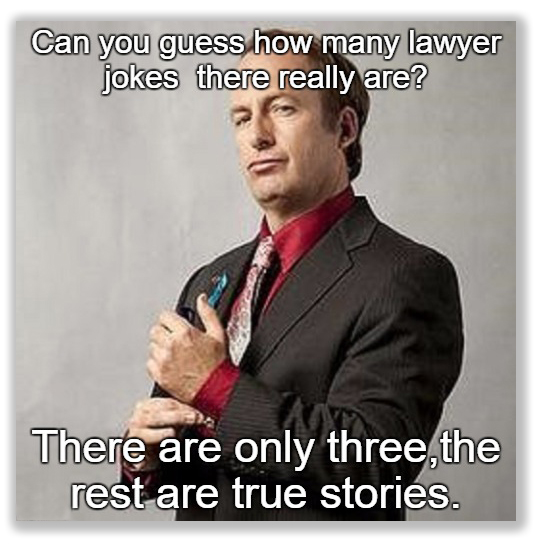We post news and comment on federal criminal justice issues, focused primarily on trial and post-conviction matters, legislative initiatives, and sentencing issues.

SOMETIMES THE DIFFERENT DRUM IS POUNDING OUT THE WRONG BEAT
 Sandy Flores-Rivera was one of 46 people charged with a drug-trafficking conspiracy. At trial, most of the evidence against Sandy and her co-defendants came from three cooperating witnesses, all of whom fingered Sandy and helped the government present non-testimonial evidence.
Sandy Flores-Rivera was one of 46 people charged with a drug-trafficking conspiracy. At trial, most of the evidence against Sandy and her co-defendants came from three cooperating witnesses, all of whom fingered Sandy and helped the government present non-testimonial evidence.
After the jury returned guilty verdicts against Sandy and the other defendants, the government belatedly disclosed some pretrial documents created by a cooperating witness. One was a letter to the lead prosecutor, in which the witness described himself as the government’s “best cooperator: “I promised you to do everything you said and I have done it to the point that you know how this has gotten, we have more than we expected, more evidence and more strength for the case…” Another document consisted of notes that the cooperating witness kept of conversations he had with other cooperators while they were in prison together, in which he had encouraged them to testify. Finally, the government disclosed a note showing the FBI knew the cooperating witnesses were talking to each other in jail.
Of course, the government’s failure to disclose this evidence – which suggested the cooperating witnesses were singing a version of the “truth” they thought would be most pleasing to the authorities who controlled their fates – was a slam-dunk violation of the constitutional requirement of disclosure enshrined in Brady v. Maryland.
[Remember Brady? Brush up on it here]
Sandy and the other defendants moved for a new trial under Rule 33(b) of the Federal Rules of Criminal Procedure due to the Brady violation, but the district court turned them down. On appeal, the other defendants again raised the Brady violation, and this time someone listened: the 1st Circuit granted those other defendants new trials because the court found it was “reasonably probable that the impeachment evidence would have caused the jury to acquit” them.
 Sandy’s lawyer, however, marched to a different drummer: he didn’t bother raising the Brady issue in Sandy’s appellate brief, but rather argued a couple of loser claims that hadn’t even been preserved in the lower court record. Those issues ran into what the 1st Circuit called “a stone wall of controlling precedent.” In fact, the Circuit even pointed out in amazement that Sandy’s counsel had joined in the new trial motion at the district court but inexplicably “did not renew the argument despite his clear awareness of his ability to adopt a co-appellant’s arguments in a consolidated case… since he reserved his right to do so in Sandy’s opening brief.”
Sandy’s lawyer, however, marched to a different drummer: he didn’t bother raising the Brady issue in Sandy’s appellate brief, but rather argued a couple of loser claims that hadn’t even been preserved in the lower court record. Those issues ran into what the 1st Circuit called “a stone wall of controlling precedent.” In fact, the Circuit even pointed out in amazement that Sandy’s counsel had joined in the new trial motion at the district court but inexplicably “did not renew the argument despite his clear awareness of his ability to adopt a co-appellant’s arguments in a consolidated case… since he reserved his right to do so in Sandy’s opening brief.”
After losing her appeal while her co-defendants won theirs, Sandy filed a post-conviction motion under 28 USC § 2255 claiming her attorney rendered ineffective assistance on appeal. Last week, the 1st Circuit agreed.
The Circuit said the government’s case against Sandy “depended quite heavily on the largely uncorroborated testimony of the three cooperators. Hence, she would have prevailed on the Brady issue just like her co-defendants had she raised the issue. And for that reason, she establishes prejudice under Strickland.”
Appellate counsel performs deficiently, the Circuit said, when he or she “ignor[es] issues that are clearly stronger than those presented.” Forgoing an argument is not a reasonable strategic decision when there is no downside to objecting to an error or when the omitted argument would not “detract from” but would rather “build upon” another challenge.
 “Here,” the 1st ruled, “any reasonable attorney handling Flores-Rivera’s appeal would have known of the Brady claim’s availability even after a cursory review of the district court docket and the arguments offered by Flores-Rivera’s co-defendants… Appellate counsel opted to forgo an obviously serious, preserved Brady claim in favor of two dubious plain-error challenges, one of which was foreclosed by binding precedent. That choice resembles rejecting a lifeboat in favor of two lily pads… Fecklessness is not a strategy.”
“Here,” the 1st ruled, “any reasonable attorney handling Flores-Rivera’s appeal would have known of the Brady claim’s availability even after a cursory review of the district court docket and the arguments offered by Flores-Rivera’s co-defendants… Appellate counsel opted to forgo an obviously serious, preserved Brady claim in favor of two dubious plain-error challenges, one of which was foreclosed by binding precedent. That choice resembles rejecting a lifeboat in favor of two lily pads… Fecklessness is not a strategy.”
Flores-Rivera v. United States, Case No. 18-1963, 2021 U.S. App. LEXIS 32404 (1st Cir. Oct 29, 2021)
– Thomas L. Root

